Most Wisconsin schools and daycares don't test drinking water for lead
Most Wisconsin schools and daycares don`t test drinking water for lead
Most Wisconsin schools and daycares don`t test drinking water for lead
MILWAUKEE — Most schools and daycares in Wisconsin are not testing their drinking water for lead, despite the Environmental Protection Agency strongly recommending that they should be.
The FOX6 Investigators asked the biggest school districts in southeastern Wisconsin if they are testing their drinking water. Of the districts that responded, all said "no." We also sent surveys to child care centers with known lead service lines in Milwaukee. Of the 20 centers we questioned, only one replied, saying they didn't know how to test.
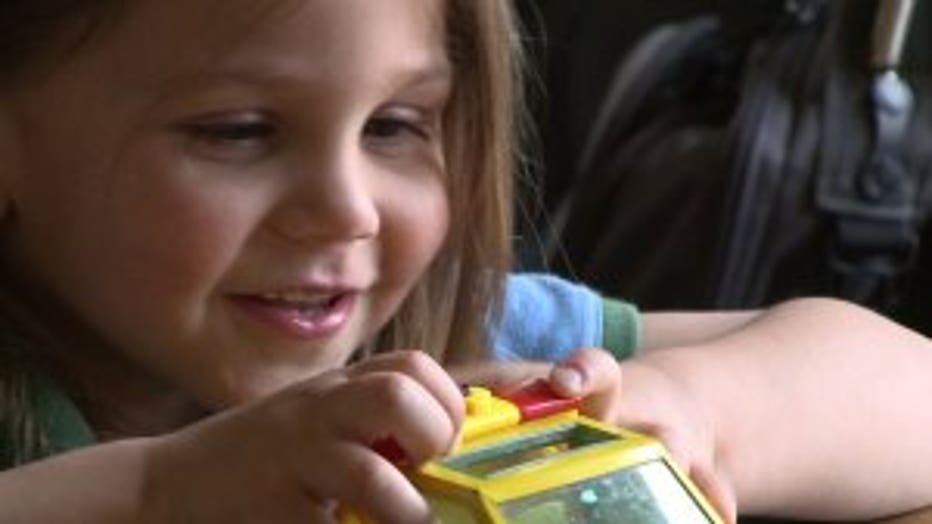
4-year-old Casheous Wozniak was diagnosed with lead poisoning when he was a baby. His mother, Crystal, thinks it was from paint.
These answers raise serious questions about the safety of the water your kids are drinking.
Three years ago, four-year-old Casheous was diagnosed with lead poisoning. Since then, his mother Crystal Wozniak has become sort of an expert on all things lead.
"Now that I know it is an issue, I can see it everywhere I go and it's kind of devastating," Wozniak said.
She thinks her little boy got lead poisoning from paint after he chewed on a windowsill when he was still a baby.
Lead exposure is particularly dangerous for kids under six. For young kids, even a drop of lead can cause behavioral problems, learning disorders, or lost IQ points.
In Wisconsin, Casheous is just one of thousands of kids who get lead poisoning each year.
"Lead contamination in a child under six really causes brain damage. It causes, literally, cognitive problems that last that whole child's life," explained Representative Chris Taylor (D-Madison).
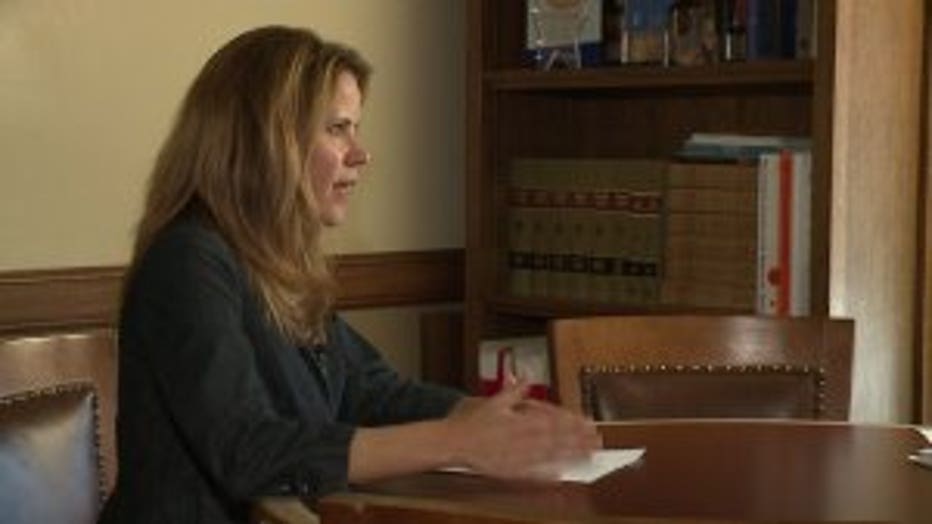
State Representative Chris Taylor
Rep. Taylor says she started looking at childhood lead poisoning in Wisconsin after the crisis in Flint, Michigan.
In Flint, the city used water from the Flint River, which led to elevated blood lead levels in children.
"Thousands of kids have lead poisoning in the state of Wisconsin — about 4.5 percent of children who are tested. Flint was 4.9 percent. So we're not that far behind," Taylor said.
In Wisconsin, when a kid gets lead poisoning, local health departments try to figure out where it came from.
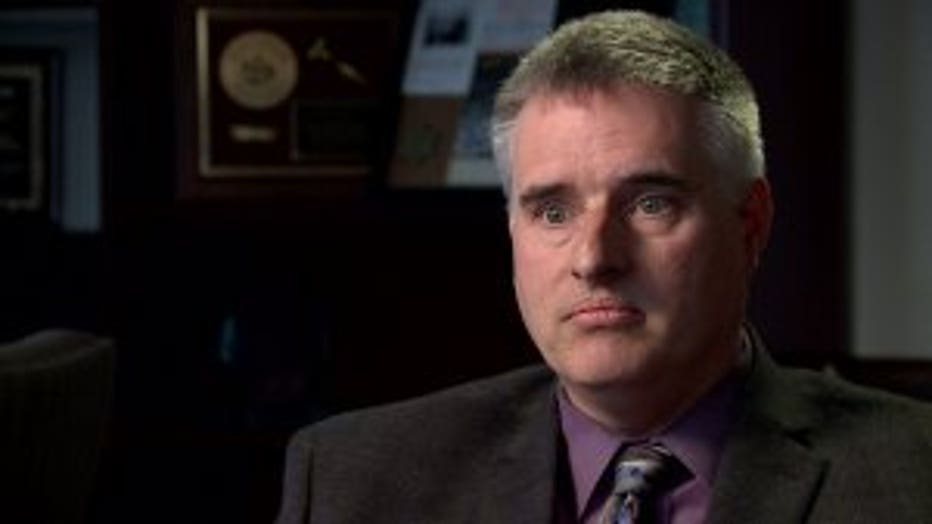
Chuck Warzecha
"I think local health departments are real heroes in this area," said Chuck Warzecha, deputy administrator for the Division of Public Health at the Wisconsin Department of Health Services (DHS).
If a child is diagnosed with lead poisoning, a local health department conducts an investigation to figure out how the child was exposed to lead in the first place. They go to the child's home to test toys and paint. Sometimes, they even go to the child's daycare or to their grandparents' home.
The one thing they almost never do?
"They don't test water," Taylor revealed.
"It isn't a routine part of any inspection that I know of because it hasn't been found to be the significant contributor to lead poisoning," Warzecha confirmed.
While DHS admits water is always a concern for lead poisoning, they focus most of their resources on lead paint.
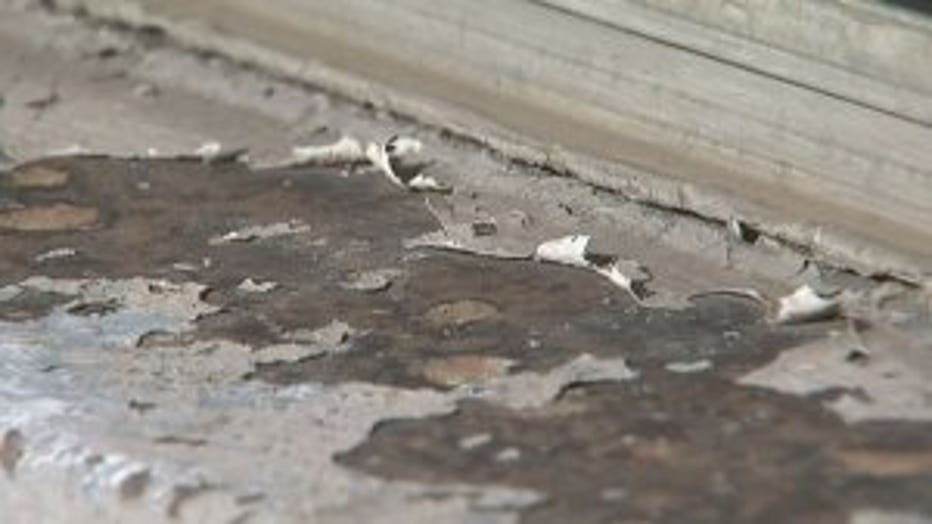
Lead paint is typically the focus of lead poisoning investigations.
"That's the best use of our time and resources," Warzecha said.
So when a child gets lead poisoning, most of the time, no one is testing water in their house.
"We're not testing water right now in the state of Wisconsin -- even when we have a child who, you know, has lead poisoning," Taylor said.
Kids don't just drink water home either.
The Environmental Protection Agency (EPA) strongly recommends schools and child care facilities test their drinking water for lead. However, in Wisconsin that is not happening because state and federal laws don't require it.
"It's unconscionable to me," Taylor said.
The Wisconsin Department of Natural Resources (DNR) admits in a letter they wrote to the EPA in 2004 that there's no programs monitoring water in schools and child care facilities, writing:
"Wisconsin does not have a special or separate program to control lead in drinking water at schools and day care facilities."
The Wisconsin DNR confirmed to the FOX6 Investigators that is still true.
"According to current regulations, unless a school is a public water system (PWS), testing for lead and copper is voluntary," said Jennifer Sereno, spokesperson for the Wisconsin DNR. "DNR does not track voluntary testing so we don’t have specifics on what schools may or may not be testing."
Currently, only schools with a private water supply — or wells — have to test their water.
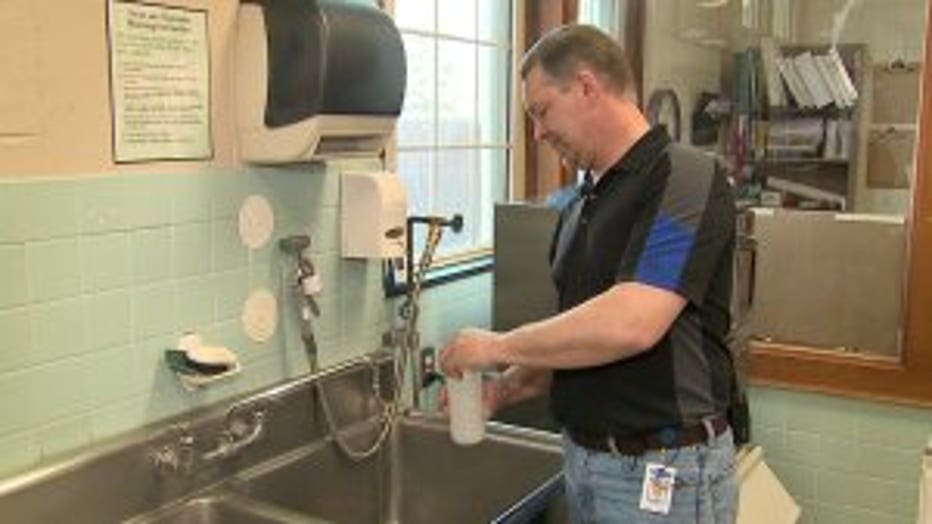
Todd Miller, director of facilities at University School of Milwaukee, explains the water testing process for their buildings.
At University School of Milwaukee in River Hills, for example, they have two wells.
"Lead and copper is a standard test the DNR requires from us," explained Todd Miller, director of facilities.
The water at University School is regularly tested and those results are publicly posted for parents to see.
"It's basically just so we know whether we passed or we failed," Miller said.
But if your child goes to a school that has city water, like many do, schools are not required to test the water coming out of the sinks or fountains. Schools used to be required to test water coolers, but not anymore.
Most child care facilities in Wisconsin don't have to test their drinking water either. It is not a requirement to be licensed unless the facility uses a well.
The Wisconsin Department of Children and Families (DCF) monitors child care facilities. Communications Director Joe Scialfa told the FOX6 Investigators that "96 percent of Wisconsin’s public water systems meet health standards for drinking water" citing a 2014 Drinking Water Report from the DNR. Scialfa went on to say in a statement to the FOX6 Investigators:
"DCF works tirelessly to ensure that licensed and certified child care providers are following state child care regulations and delivering care in a safe environment. If a child care provider receives their water supply from a municipality, we do not require additional testing since the Wisconsin Bureau of Drinking Water and Groundwater requires municipalities to follow stringent water quality rules. DCF requires child care providers who receive their water supply from private wells to test their water supply on a regular basis."
"I never had my water tested. Ever," said Representative LaTonya Johnson (D-Milwaukee).
Rep. Johnson used to run a daycare out of her home.
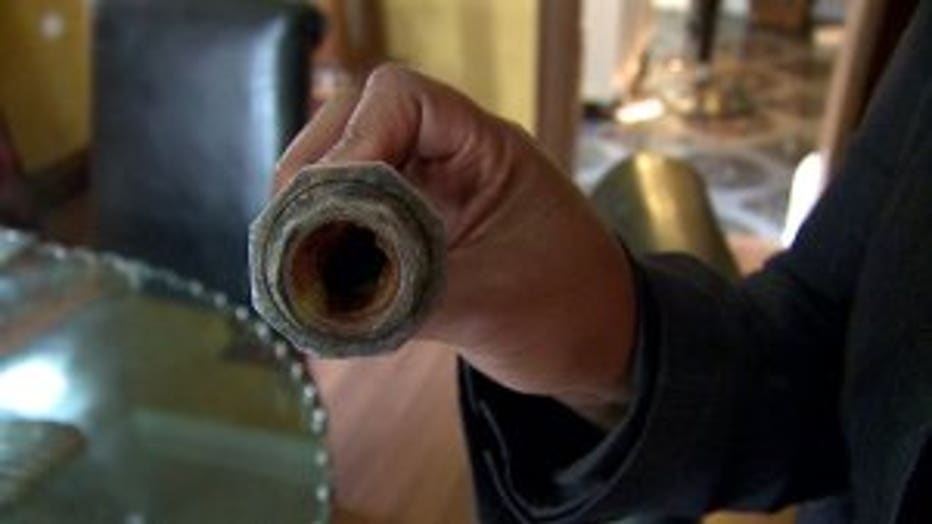
State Representative LaTonya Johnson holding lead pipes from her home.
"My pipes were filled with lead," Johnson said.
While Milwaukee has some of the cleanest water in the country, homes are old. With old homes, pipes and fixtures often have lead in them.
If clean water travels through plumbing systems that contain metal, the water that comes of the faucet is more likely to be contaminated.
It's a big concern — especially in homes built before 1986.
"Children are at a greater risk because they are smaller — especially infants because of the formula. Their water intake is significantly higher," Johnson said.
Experts say there is no safe level of lead exposure for children. However, in Wisconsin, testing water even when we know a child has lead poisoning isn't a top priority.
"We don't test the water routinely because we go to what routinely causes lead poisonings," Warzecha explained.
Paint is the prime suspect in these cases. Therefore, water has largely been ignored.
The Wisconsin DNR told the FOX6 Investigators they don't track which schools or daycares might be testing their water because testing is voluntary.
So FOX6 Investigator Meghan Dwyer tried to find who is testing their water.
Dwyer sent the survey to the 10 biggest schools districts in southeastern Wisconsin including:

